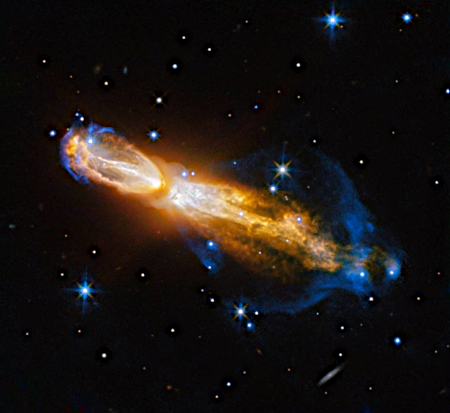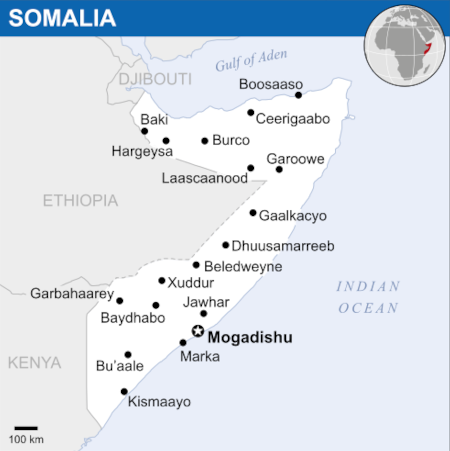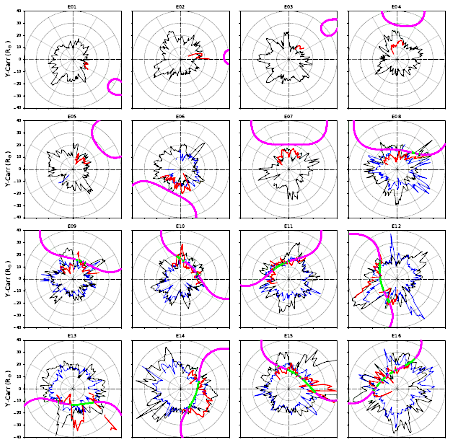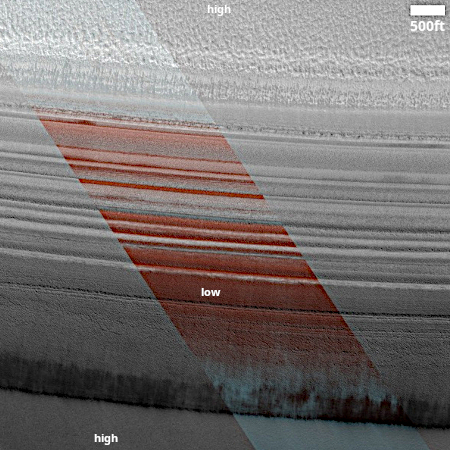South Africa lifts its racial quota rules for Starlink
The South African government has finally removed the racist rule that required SpaceX to sell 30% of its company to local black citizens before allowing Starlink terminals to be sold in its country.
Instead, the government will allow SpaceX to do what the company had repeatedly offered to do, make substantial investments in “local development programs.”
Starlink has been unable to launch in South Africa for years because the current ICASA rules require telecommunications companies to sell 30% of their equity to historically disadvantaged individuals. Starlink has consistently refused, stating it does not sell equity in any market where it operates.
But now under the new directive, multinational companies that cannot sell equity due to global shareholding structures can instead make substantial investments in local development programs. These equity equivalent investment programs must be worth either 30% of the company’s South African operations value or 4% of annual local revenue. The programs require approval and monitoring by the Department of Trade, Industry and Competition.
…Starlink has already outlined plans to invest nearly R2 billion in South Africa. The company proposed investing R500 million to connect approximately 5,000 schools to high-speed internet, benefiting about 2.4 million students.
One of the reasons the government backed down on this issue is that it received more than 19,000 public comments in which 90% blasted the racist quotas and demanded the government approve SpaceX’s proposals.
If you live in South Africa however don’t expect to go out and buy a Starlink terminal tomorrow. Final regulatory approvals will still delay Starlink availability until late 2027, at the earliest.
The South African government has finally removed the racist rule that required SpaceX to sell 30% of its company to local black citizens before allowing Starlink terminals to be sold in its country.
Instead, the government will allow SpaceX to do what the company had repeatedly offered to do, make substantial investments in “local development programs.”
Starlink has been unable to launch in South Africa for years because the current ICASA rules require telecommunications companies to sell 30% of their equity to historically disadvantaged individuals. Starlink has consistently refused, stating it does not sell equity in any market where it operates.
But now under the new directive, multinational companies that cannot sell equity due to global shareholding structures can instead make substantial investments in local development programs. These equity equivalent investment programs must be worth either 30% of the company’s South African operations value or 4% of annual local revenue. The programs require approval and monitoring by the Department of Trade, Industry and Competition.
…Starlink has already outlined plans to invest nearly R2 billion in South Africa. The company proposed investing R500 million to connect approximately 5,000 schools to high-speed internet, benefiting about 2.4 million students.
One of the reasons the government backed down on this issue is that it received more than 19,000 public comments in which 90% blasted the racist quotas and demanded the government approve SpaceX’s proposals.
If you live in South Africa however don’t expect to go out and buy a Starlink terminal tomorrow. Final regulatory approvals will still delay Starlink availability until late 2027, at the earliest.







